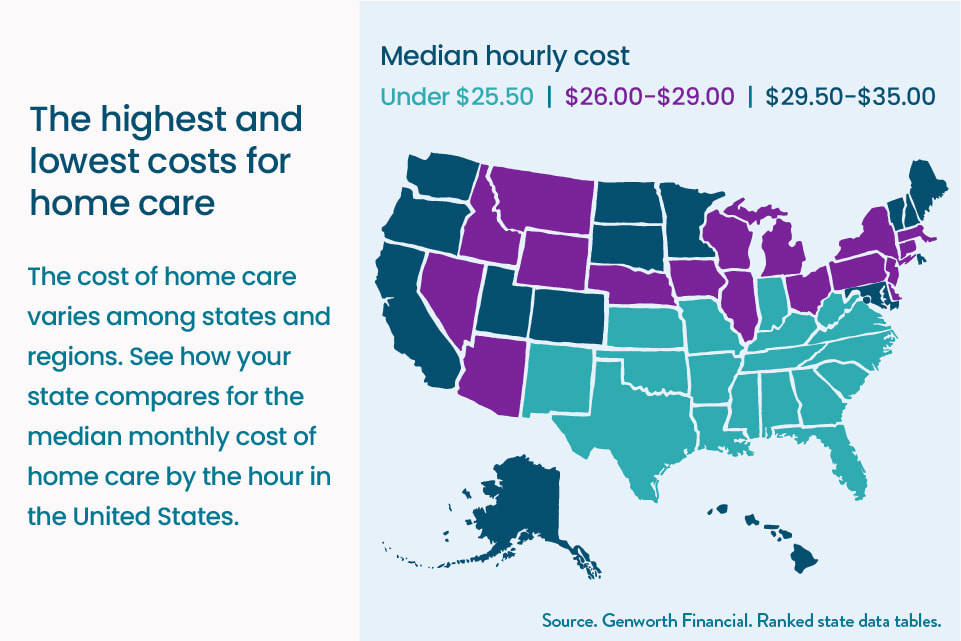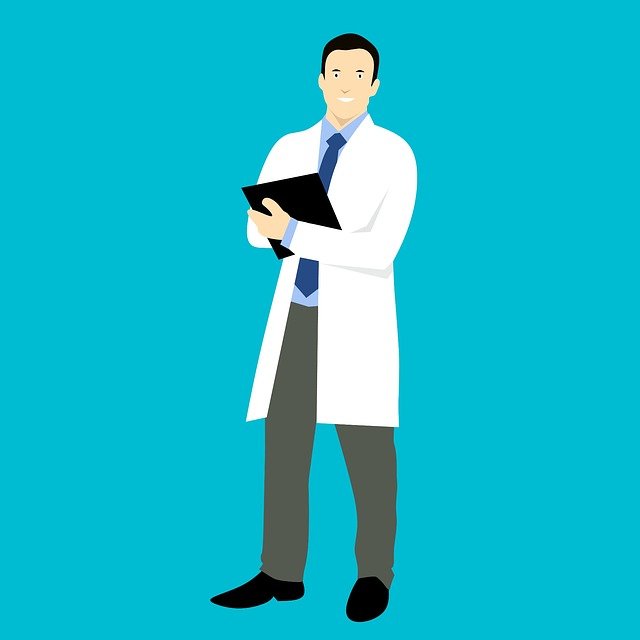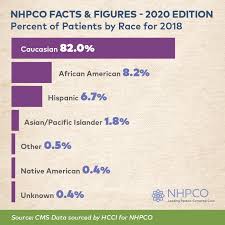
Private duty nursing refers to the hiring of a nurse to care for you at your home. These nurses may be RNs, LPNs/LVNs, or RNs. They have the knowledge and skills to provide safe, effective care. This type of care can be affordable.
In-home care
Private duty nursing services offer high quality in-home care to patients with chronic conditions and other medical needs. A private duty nurse closely monitors the patient's medical condition and maintains detailed records. This allows the nurse to identify changes and immediately notify the family or primary physician. A private duty nurse is available to help patients with wound care, tube feedings, and other issues. They can also provide companionship and assistance with daily activities.
There are many levels of private duty nursing home care services available. Some are available 24/7, while others may only be available for a few hours per day. No matter how long your loved one is in need of a nurse, a private duty nursing staff member is an excellent choice.
Patient-centered health care
Patient-centered healthcare is a philosophy that focuses on the individual patient's needs. Patients-centered care is a way for healthcare professionals to better understand their patients and help them achieve their health goals. The practice provides both comfort and emotional well-being. Both are interdependent and must be considered holistically. The best course of treatment should be determined by health professionals who take into account the preferences, cultural traditions, as well as socioeconomic background.

Patient-centered care is important to health care because it puts the patient in control. It cuts down on unnecessary procedures, honors the wishes of patients, and improves patient wellbeing. It allows health care professionals develop specific care strategies. Trust is the key ingredient to patient-centered health care.
Costs
Private duty nursing services may be covered by your health insurance or Medicaid. But the price can vary. Many agencies require a minimum time spent in the home, and some charge as much as $275 per day. It is possible for the price to rise if there are multiple visits per day. You should check with your insurance provider to see if your plan covers private duty nursing.
Medicaid is the most popular method of paying for private duty nursing. Private pay or managed care organisations may also be available. You should get a referral from your doctor before you request this service. You have the right to choose the homecare agency you wish. There are many benefits to private duty nursing. One advantage is that private duty nursing promotes healing at your home. This leads to better outcomes than lengthy stays in the hospital. Lastly, private duty nursing is less expensive than living in a long-term care facility, which can be expensive.
Regulations
To provide high-quality, private duty nursing care, they must adhere to certain state regulations. They must, for example, comply with HIPAA privacy regulations and 45 C.F.R. Parts 160-164. They also must follow certain confidentiality and security requirements. They must keep the records of patients for three years and create an individual plan of treatment for each one.
Private duty nurses must hold a current license. These licenses require certifications and continuing education units (CEUs). Some states require nurse applicants in pediatrics, intensive and medical-surgical nursing to have certifications. Nurses must also be strong in moral character and able to give safe and responsible care to patients. Private duty nurses can work without supervision. However, regulations require them only to accept patients in their areas of expertise and to use reasonable judgment when providing care.

Career path
If you're interested in a career as an Private Duty Nurse, this is the place for you. This career track is growing at a rapid rate, and the job market is very competitive. According to Bureau of Labor Statistics, private-duty nurses are among the most highly paid nurses.
To become a Private Duty Nurse, you must complete a nursing degree and gain several years of experience at the bedside. This type of nurse is often responsible for caring for patients and their daily activities, such as bathing and eating. They may also teach patients or perform skilled nursing tasks.
FAQ
What are the different types of healthcare systems available?
First, the traditional system in which patients are given little control over their treatment. They may go to hospital A for an operation but if not, they might just as well not bother.
The second system is a fee-for-service system where doctors earn money based on how many tests, operations, and drugs they perform. They won't do extra work if they don't get enough money. You will pay twice as much.
The third system is a capitation system which pays doctors according to what they actually spend on care rather than by how many procedures they perform. This encourages doctors and patients to choose less costly treatment options such as talk therapies over surgery.
What is a health care system in public health?
The entire process of providing medical services to the population is called Health System. It includes service delivery and financing, regulation, education and training, as well information systems.
What does "public health" actually mean?
Public health is about improving and protecting the health of the entire community. It involves preventing disease, injury, and disability, promoting good health practices; ensuring adequate nutrition; and controlling communicable diseases, environmental hazards, and behavioral risks.
What are the main functions and functions of a health-care system?
The health care system must offer quality services and adequate medical facilities at an affordable cost to people who have a medical need.
This includes providing health care and promoting healthy lifestyles. This includes equitable distribution of health resources.
Why do we need medical systems?
People in developing nations often do not have access to basic health care. Many people in these areas die before reaching middle age due to infectious diseases like malaria and tuberculosis.
In developed countries, most people get routine checkups and visit their general practitioners for minor illnesses. However, many people continue to suffer from chronic conditions like diabetes and heart disease.
How can I ensure that my family has access health care of the highest quality?
Most states will have a department for health, which helps to ensure that everyone has affordable access to health care. Some states offer programs to help low-income families have children. For more information, please contact the Department of Health in your state.
What should I know regarding vaccines?
Vaccines offer a way to keep your body healthy and are extremely safe. They work by giving you immunity against certain diseases. Vaccinations are usually given at specific times during childhood, adolescence, and adulthood. Your doctor can discuss the best time to get vaccinated.
Statistics
- The health share of the Gross domestic product (GDP) is expected to continue its upward trend, reaching 19.9 percent of GDP by 2025. (en.wikipedia.org)
- For instance, Chinese hospital charges tend toward 50% for drugs, another major percentage for equipment, and a small percentage for healthcare professional fees. (en.wikipedia.org)
- Over the first twenty-five years of this transformation, government contributions to healthcare expenditures have dropped from 36% to 15%, with the burden of managing this decrease falling largely on patients. (en.wikipedia.org)
- About 14 percent of Americans have chronic kidney disease. (rasmussen.edu)
- For the most part, that's true—over 80 percent of patients are over the age of 65. (rasmussen.edu)
External Links
How To
What are the Key Segments in the Healthcare Industry's Industry?
The key segments of healthcare include pharmaceuticals, diagnostics biotechnology, therapeutics, diagnosis, biotechnology and medical equipment.
Medical devices include blood pressure monitors, defibrillators, stethoscopes, ultrasound machines, etc. These products are typically used to diagnose, prevent, and treat diseases.
Pharmaceuticals are medicines that are prescribed to cure disease or relieve symptoms. Examples include antibiotics, antacids, antihistamines, contraceptives, etc.
Diagnostics are tests that are performed by labs to diagnose illness or injury. There are many types of diagnostics: blood tests; urine samples; CT scans; MRI scans; X-rays.
Biotechnology refers essentially to the use of living organisms (such bacterium) to create useful substances which can be used by humans. These include insulin, vaccines and enzymes.
Therapeutics refer to treatments given to patients to alleviate or treat symptoms. They may include drugs, radiation therapy, or surgical interventions.
Health information technology includes computer software programs that help physicians, and their teams manage data related to patient records. It allows them to track the medications being taken, their timing, and if they are functioning properly.
Any equipment used to diagnose, treat or monitor illnesses or conditions is medical equipment. Dialysis machines, pacemakers and ventilators are just a few examples.